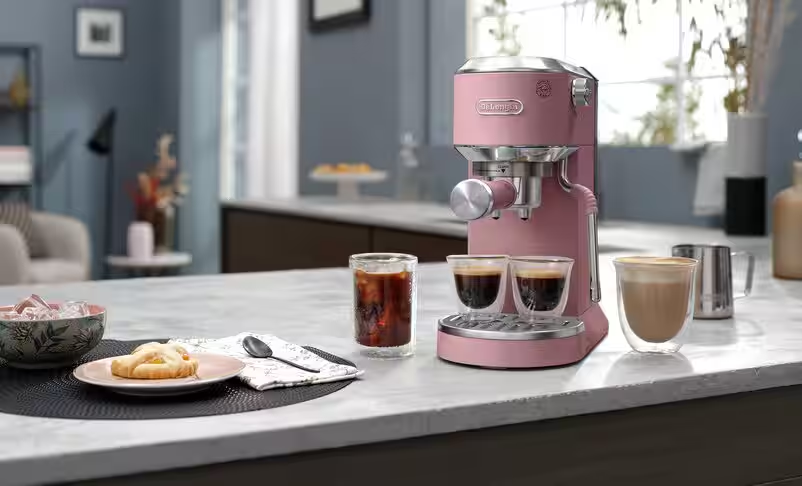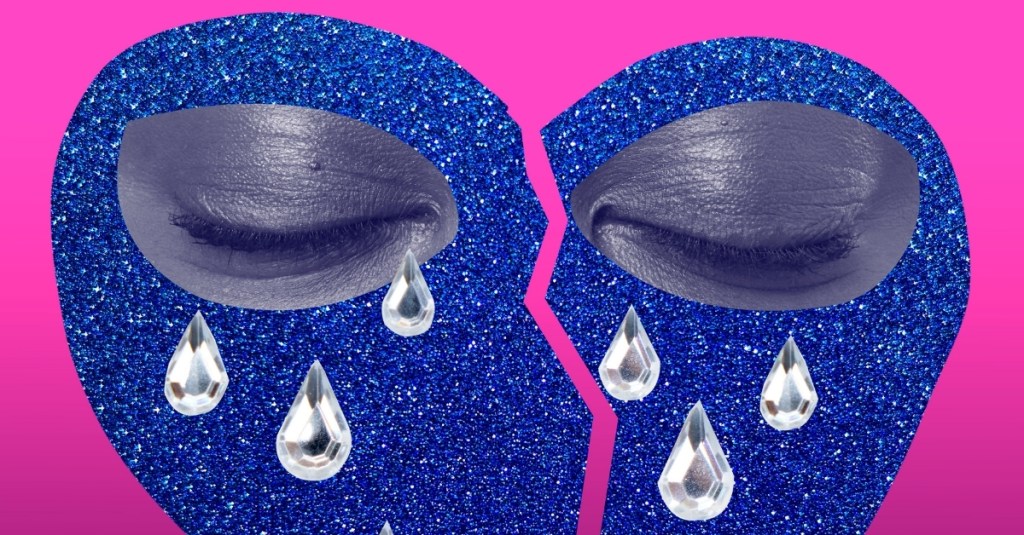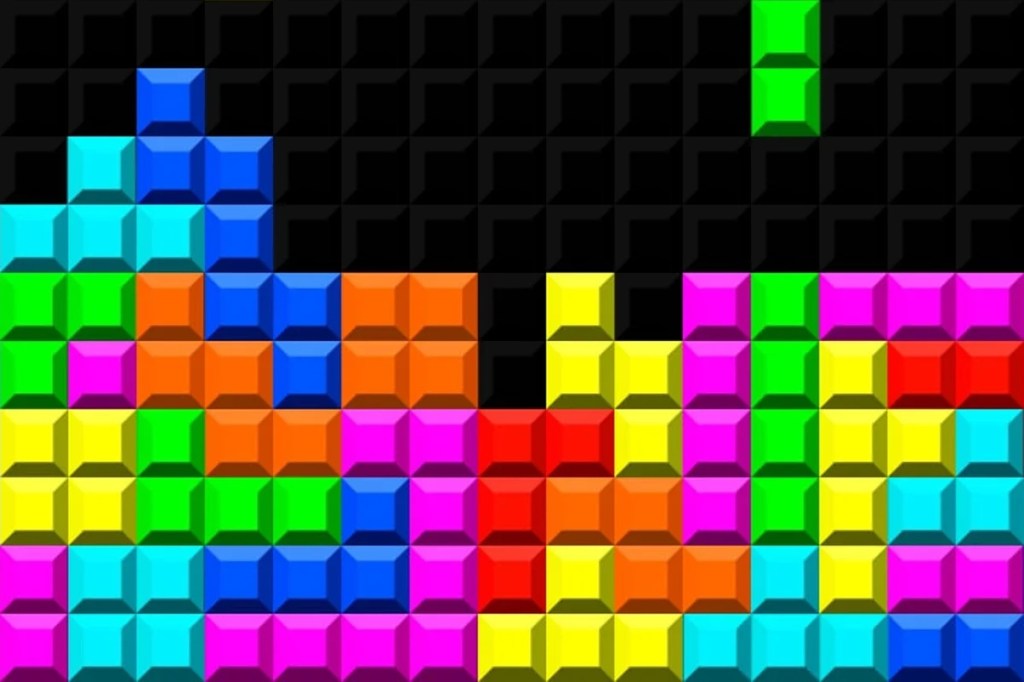Stressed out? Burned out? Anxious while waiting for your boss to reply “sure” with a period? It might be time to dust off Tetris.
Yes, that Tetris—the blocky, old-school video game you probably played on your cousin’s Game Boy—is now being backed by science as a potential tool for easing anxiety and boosting emotional well-being.
Videos by VICE
Kate Sweeny, a psychology professor at UC Riverside, led a new study that found playing Tetris can put people into a state of “flow”—that elusive sweet spot where your brain is fully engaged, time blurs, and the rest of the world temporarily disappears. According to Sweeny, this state of focused disengagement can actually make anxious moments a lot more bearable.
Tetris Can Help Ease Your Anxiety
In the experiment, 290 college students were lured into the lab under the false premise of being part of a study on physical attractiveness. After completing a questionnaire and having their photo taken, they were told their photo would be rated by peers elsewhere. While “waiting” for those ratings, they were asked to play Tetris for ten minutes.
What the students didn’t know was that the researchers were actually measuring how the game impacted their anxiety during the wait. The Tetris game was set to one of three difficulty levels: low challenge (easy), high challenge (hard), or adaptive (the game adjusted in real-time to match their skill level).
After playing, participants completed surveys measuring their levels of flow, worry, and emotion. The results? The adaptive group—those whose game kept them challenged just enough to stay engaged—showed significantly lower negative emotion and higher positive emotion than those who were bored or overwhelmed by difficulty.
“The Tetris study is key,” Sweeny said, “because it experimentally manipulates flow and shows the effects of that manipulation. It provides convincing evidence that flow actually causes well-being during waiting periods—not that it just happens to coincide with well-being.”
In other words, Tetris isn’t just a nostalgic escape—it’s a tool for emotional regulation. When the world feels out of control, stacking blocks in perfect little rows might be the brain’s version of deep breaths.
So next time you’re spiraling in the break room or doom-scrolling while you wait for bad news, consider swapping TikTok for Tetris. It might just help you relax—one Tetris block at a time.
More
From VICE
-

De'Longhi Dedica Duo – Credit: De'Longhi -

We Are/Getty Images -

Photo by tang90246 via Getty Images -

Credit: SimpleImages via Getty Images
